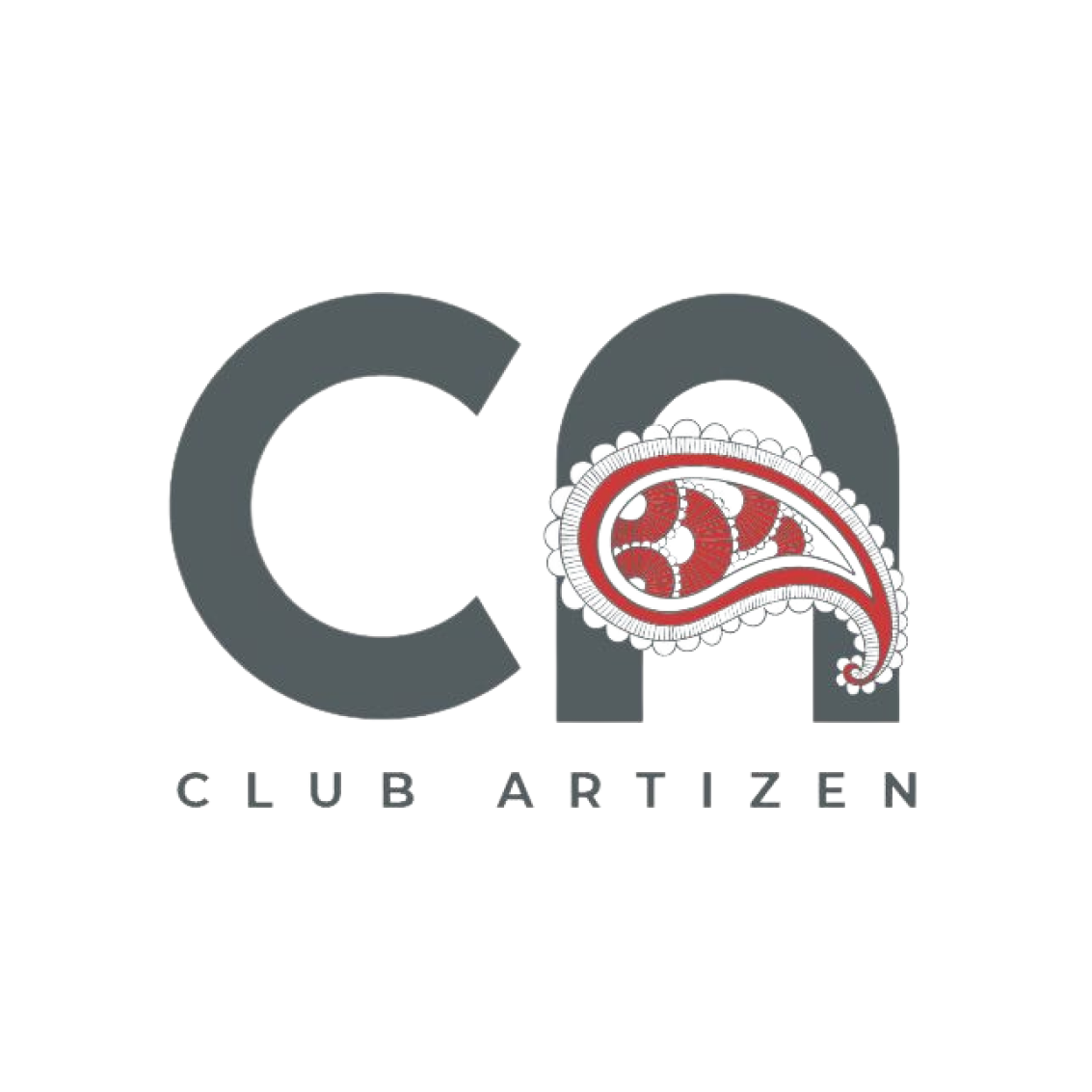The first product that we came across, from Seva Charitable Trust, was the gobar diya. These diyas, made from cowdung, burn out completely, and leave behind an ash residue that can be used as plant manure.
 What a wonderful idea, we thought, to celebrate and move toward sustainable living, and what a lesson to human beings: to be of use, and return to the earth from where we come.
What a wonderful idea, we thought, to celebrate and move toward sustainable living, and what a lesson to human beings: to be of use, and return to the earth from where we come.
Since then, we have come to know more about Seva and their mission of saving wildlife, tigers, and Mother Earth, and the artisans they support.
Hamisha Parekh, trustee and co-founder of Seva, talks about their journey since 2015, when they started a project to recycle plastic bottles for communities living in the Sanjay Gandhi National Park area in Mumbai. SGNP, on the outskirts of Mumbai, is home to 150 species of birds and 150 species of snakes, and also houses a few leopards.
“Our idea was always driven by a need to preserve nature, and providing livelihoods helps communities who depend on the forests to live a more sustainable life, while nurturing the forests,” she says. “The idea was that they have a livelihood that does not even deplete the forest of one leaf.”
Since then, their initiatives have expanded to include several projects and partnerships, and they are on the cusp of expansion. As a wildlife trust, they are restricted by the areas they can work in, but Hamisha says that is a good thing.
After the plastic bottle recycling project, the Seva team started working with the women of the communities surrounding the park to provide other livelihood opportunities. In 2018, they started their tailoring unit in partnership with the College of Social Work, Nirmala Niketan.

When COVID hit, after a few months, mask making took on a huge effort, and Seva sold over 2,00,000 masks, marking a turning point for the artisans.
The women were not just happy that they were able to make money, but also that their work likely saved lives. Heena Dipak Parmar, supervisor at Seva, says that women from the community have increased their confidence from coming to Seva, and not only because of the income.
“it’s more than the money; it’s that they have learnt a new skill. If they work as house help, their income may be the same, but they have no way to move forward from there. Here, they are challenged, and they learn creatively, and how to solve problems.”
For instance, when an urgent order for school bags came about, the ladies figured out the optimal way to make the bags quickly: a few of them stitched the pockets and a few others, the handles, so that the bag could be assembled quicker. Often, the material and motifs are inspired by the traditional arts and crafts of India.
In parallel, Seva’s other projects on health and nutrition continues in the communities. As part of that close connection with the community, two other projects have come about, that serviced the need for the outside world to know more about theirs: the nature walk and the tribal kitchen. The nature walk is a trek along the forest, followed by a sumptuous meal at the tribal kitchen, featuring the local menu.
Plans are on to expand their programs to other states, including Karnataka and Tamil Nadu.

